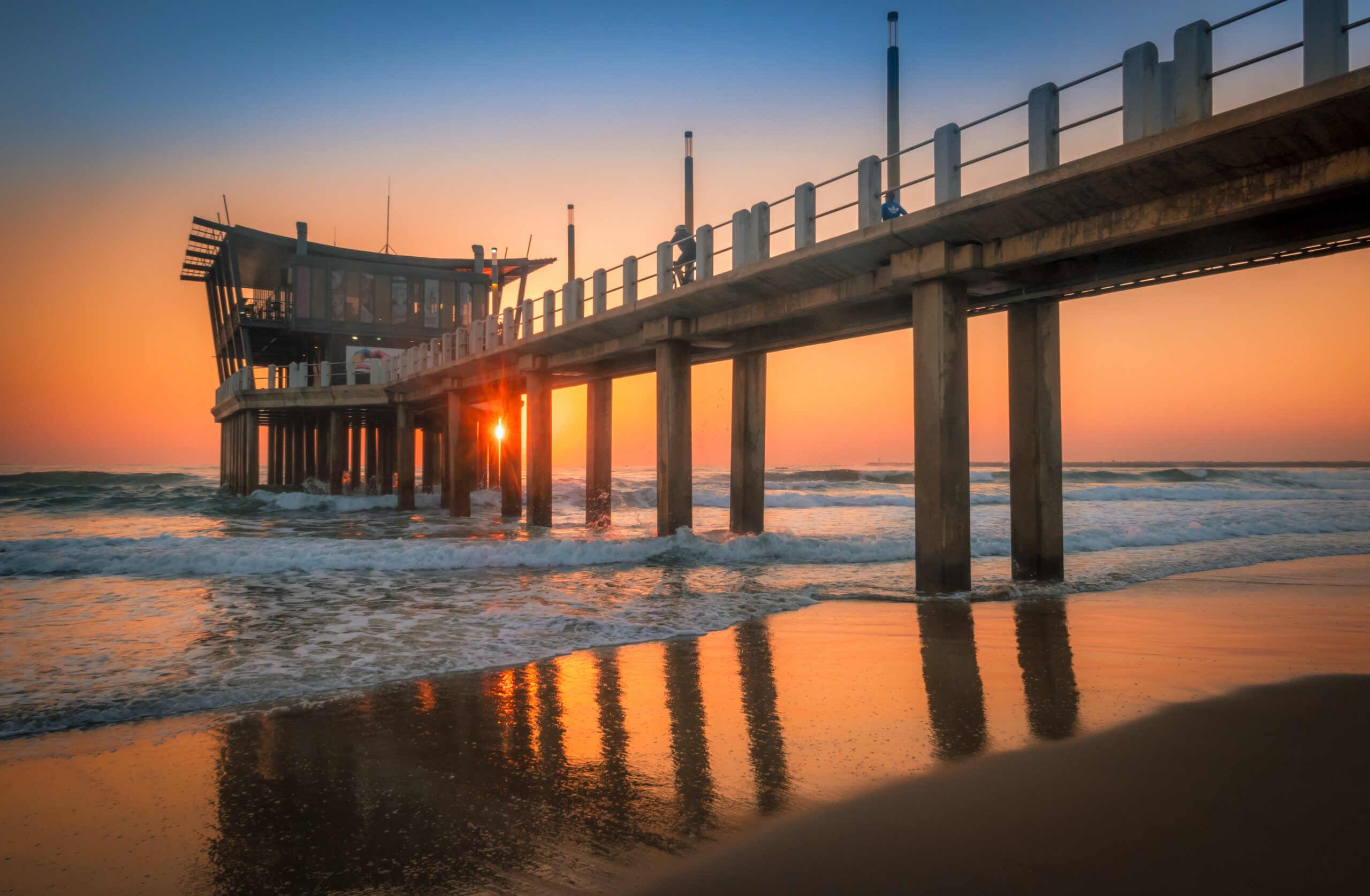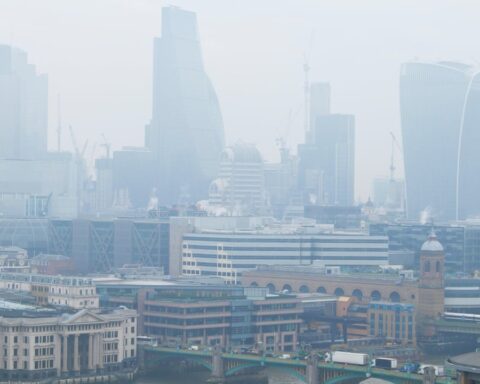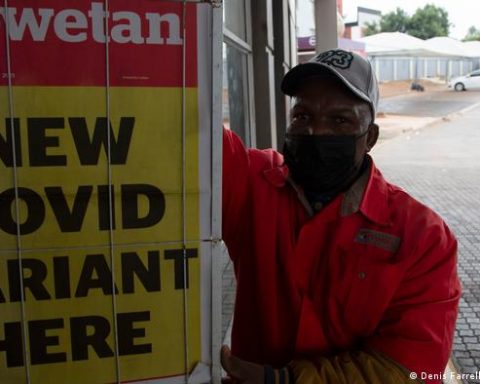For many years, KwaZulu-Natal’s (KZN- South Africa) stunning beaches have been a major attraction for tourists and locals alike. However, the region has been facing a severe crisis over the past year. High E.coli levels and sewage leakage along the North and South coasts have resulted in the beaches being sporadically opened and closed throughout 2021, 2022 and into 2023.
The crisis started in February 2021 when it was reported that there was sewage pollution along the South Coast beaches, causing the closure of several popular beaches such as Margate and Uvongo. The situation quickly escalated, and by March 2021, almost all the beaches along the South Coast had been closed due to high levels of E.coli.
The situation was similar along the North Coast, where there were reports of sewage leakage into the sea, consequently leading to the closure of several beaches. The problem was further exacerbated by heavy rains, which led to an overflow of sewage systems and further contamination of the ocean.
One of the main causes of the crisis has been the deteriorating infrastructure in the region. The sewage treatment plants and pipes are outdated and in dire need of repairs and upgrades. Additionally, the growing population has put a strain on the existing infrastructure, leading to a backlog in maintenance and repairs.
Another major contributing factor has been the lack of accountability by the authorities responsible for managing and maintaining the infrastructure. The lack of oversight and enforcement of environmental regulations has led to a culture of non-compliance among businesses and residents who dispose of waste irresponsibly.
The closure of beaches has affected the tourism industry, which is a significant contributor to KZN’s economy. It has also had social impacts, with many locals and visitors unable to enjoy the once immaculate beaches, which are a vital part of the community’s culture and lifestyle.
From an environmental perspective, the sewage pollution has had negative consequences on the marine ecosystem. The contaminated water has led to the death of fish, sea turtles, and other marine life. The pollution has also led to the growth of harmful algal blooms, which can be toxic to humans and marine life.
One of the major challenges in addressing the crisis has been the lack of adequate funding. Authorities have grappled with budget constraints, and as a result, many of the proposed solutions have not been implemented due to a lack of resources.
The crisis has highlighted the urgent need for a comprehensive and sustainable solution to address the underlying issues that have contributed to the contamination of the beaches along the Northern and Southern coasts of Kwa-Zulu Natal, South Africa.





